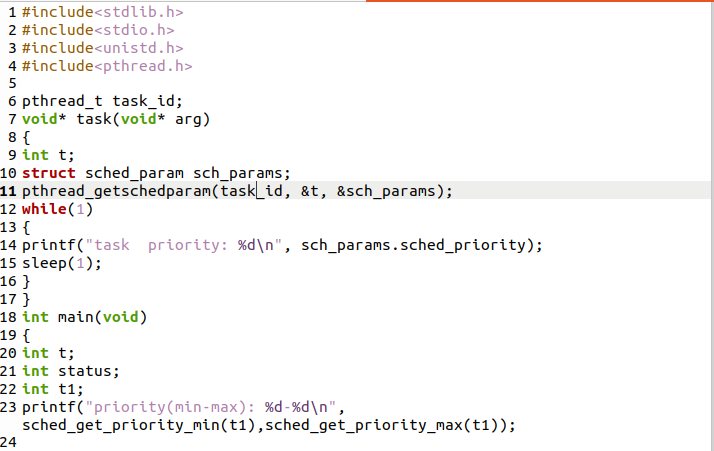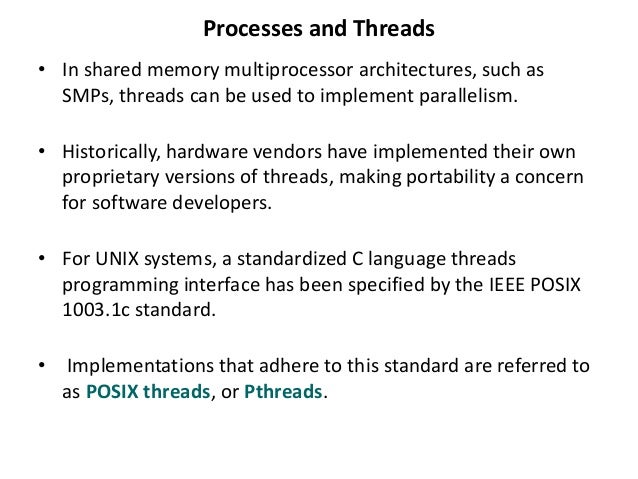
In main() we declare a variable called thread_id, which is of type pthread_t, which is an integer used to identify the thread in the system. Dynamic Memory Allocation in C using malloc(), calloc(), free() and realloc().Types of DNS Attacks and Tactics for Security.Address Resolution in DNS (Domain Name Server).Domain Name System (DNS) in Application Layer.How DHCP server dynamically assigns IP address to a host?.Dynamic Host Configuration Protocol (DHCP).Asynchronous Transfer Mode (ATM) in Computer Network.


Typesafe list of arguments that have to match the function you are using to instantiate a thread. The key point is that the function template async is instantiated to accept a (How these variadic arguments are processed is a topic for another post.) In both usages, this syntax means 0 or moreĪrguments of this type. You’ll note a few instances of C++11 variadic template syntax - the dot-dot-dot (not really anĮllipsis) following the word class in the template type parameter list, andįollowing the argument name Args. The actual prototype is shown below: template std :: future :: type > async ( std :: launch policy, Function & f, Args &.

Normally these are passed just as you would whenĬalling the function, but if you wish to pass an argument by reference, you need to wrap it

The function prototype for async is a bit of a mess, but in a nutshell, you call Type safety is observed, and you can pass values by copy or reference.
#Passing value in to pthread c full#
However, you can pass your choice of parameters to the library - full When using async(), a thread is modeled as a standard C++ function, as is the case Straightforward worker thread applications, the new async function template is C++11 async()Ĭ++11 solves most of these problems quite nicely with its thread support. To implement, but again, it’s just one more place to make a mistake. Plenty of places for the newcomer to stumble.Īnd returning data from a thread to the caller? You’re on your own. The pthreads library handled this in a conventional way for aĬ API, requiring all threads to have the same function signature - which relied on void pointers,ĭynamic allocation, and casting. The biggest annoyance for beginners would have to be the ability to pass parameters to threads,Īnd to return values from threads. Using these as their introduction to multithreading. But I found that beginners would often stumble when Libraries like pthreads work pretty wellĪnd give you a shot at reasonable portability. Multithreaded C and C++ programs for quite a long time. You how I used async to introduce threading to C++ beginners in a nice non-threateningĮven though the languages lacked standardized support for threading, people have been writing This provides a great mechanismįor spinning off worker threads and easily collecting their results. Really works for me is the function template async. C++11 brings rich support for threading to the language, and one of the features that


 0 kommentar(er)
0 kommentar(er)
